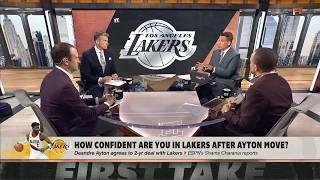

For who were those who heard and yet rebelled? Was it not all those who left Egypt led by Moses? And with whom was he provoked for forty years? Was it not with those who sinned, whose bodies fell in the wilderness? And to whom did he swear that they would not enter his rest, but to those who were disobedient? So we see that they were unable to enter because of unbelief.
Much of Hebrews was written to encourage Jewish believers to remain faithful to Jesus. To not abandon their faith in him and revert back to life under the law and the annual sacrifices. The author goes to great lengths to demonstrate the superiority of Jesus to angels, Moses, the Aaronic priesthood, and the sacrificial system of the law.
In this letter, he repeatedly warns them of the danger of falling away, and the passage quoted above is from one of those warnings. God had brought them out of Egypt and to the border of the promised land. But the report of the spies they had sent out frightened them. And they turned away, failing to enter Canaan, and wandering in the wilderness until that generation had died (Num. 13-14).
The people are described in this passage in a number of ways. They rebelled, provoked God, sinned, and were disobedient. And they “were unable to enter because of unbelief.” The author of Hebrews here equates disobedience with unbelief.
Do I believe God’s ways are best, even if hard? Or do I prefer the easy road? Do I obey the guidance he gives me through his word and the nudging of his Spirit? Or do I refuse to obey when it is inconvenient or unpleasant? Do I trust that he will see me through the battles with the giants I face? Or do I respond in fear they will be too strong for me or that I might get hurt?
Disobedience takes many forms. But at its heart is disbelief, a failure to trust God. Am I willing to jump, trusting that God will catch me? Or will I disobey his call and cling to the comfortable and familiar?
Related Posts
The post Disobedience and Unbelief – Hebrews 3:16-19 appeared first on A Clay Jar.






